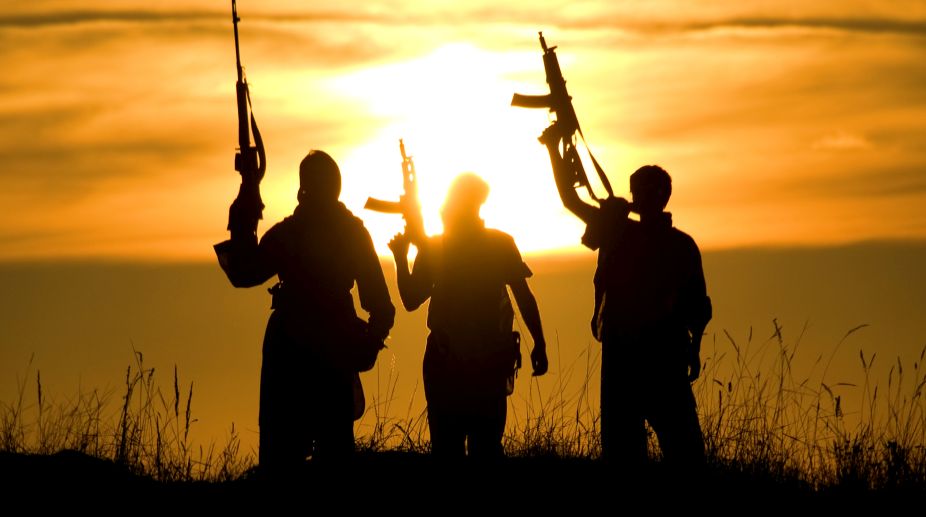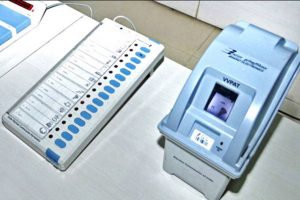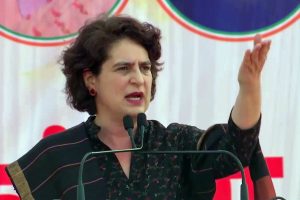The ferment in Yemen, that has been festering for close to four years, has deepened rather acutely with the siege of the presidential palace in Aden ~ the seat of the country’s internationally recognised government ~ by the pro-secession Southern Transitional Council (STC). It is a measure of the renewed crisis that the Prime Minister has fled the country, and the unlikely bond between the two groups in their fight against the Houthi rebels is in tatters.
The development follows last month’s break-up of another unlikely alliance on the other side of the conflict in the rebel-held north. In the net, the alliance of convenience that had held together former enemies in the civil war stands fractured as the bonds within the warring sides are breaking.
On the seventh anniversary of the Arab Spring, Yemen showcases a country in overwhelming crisis ~ while governance is in limbo, the rebel strongholds contend with divisions within. It is hard not to wonder whether the anti-establishment movement carries within it the seeds of its own destruction, to summon historian David Thomson’s words in another context.
In Sana’a, the Yemeni capital, Houthi rebels who had taken over the city in 2014 with the help of forces loyal to Ali Abdullah Saleh have killed the former President. The Houthis had accused him of changing sides and adopting a conciliatory approach towards Saudi Arabia, which backs the Aden-based government of President Abd Rabbu Mansour Hadi.
The fracturing of the STC-Hadi alliance in Yemen’s south and the Houthi-Saleh alliance in the north is pitting former allies against each other in a country known for its complex tribal factions.
The crisis has, over the past four years, reached an economically destructive stalemate, and a solution has become still more intractable after this week’s escalation of the civil war. In the aftermath of the latest developments, it will be difficult for the international power-brokers, including the Yemeni government, to marginalise the Southern Transitional Council.
Central to the civil war in Yemen is the dispute between the Houthi rebels previously allied with Saleh, who led the country from 1990 to 2012, and forces loyal to the ousted Hadi, who lives in exile in the Saudi capital, Riyadh. The turmoil has had an almost immediate impact on the spread of Islamist fundamentalism.
Yemen’s internal instability has been exploited by AQAP (Al Qaida in the Arabian Peninsula), which controls territory in the country’s eastern region. There is little doubt that regional geopolitics has complicated the situation further still… in the context of the proxy war between Iran and Saudi Arabia, once again embedded in intra-religious strife.











